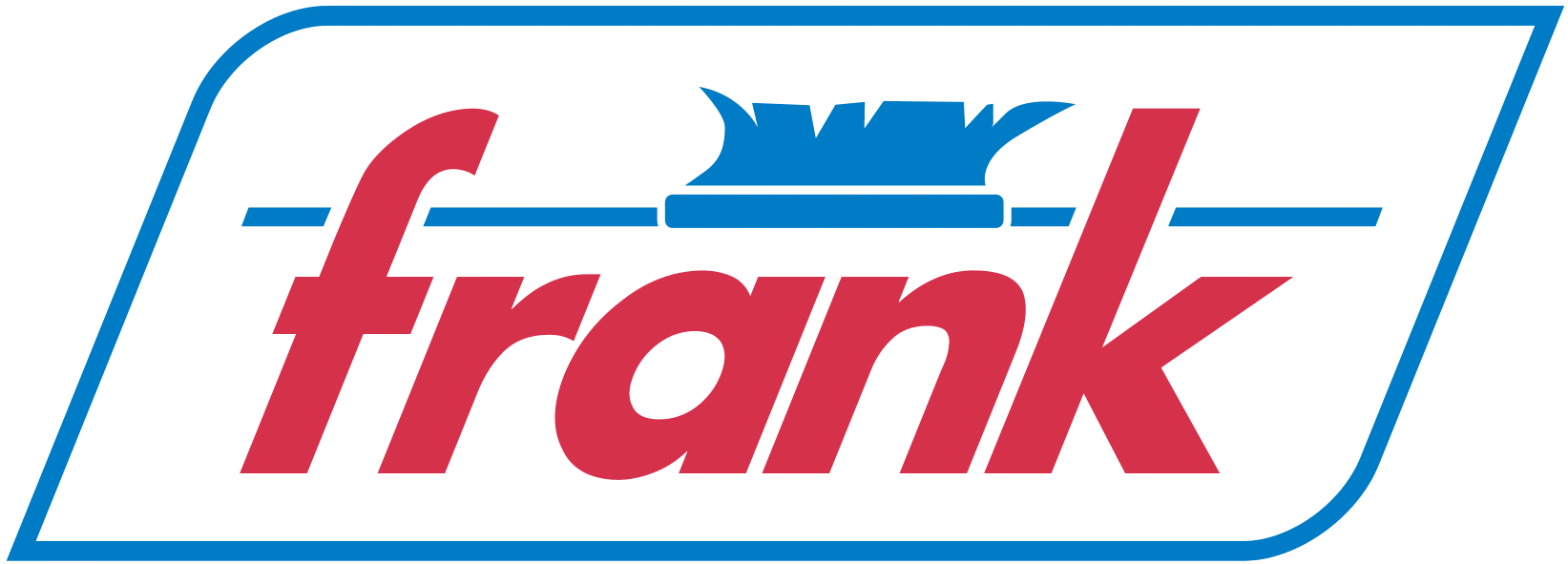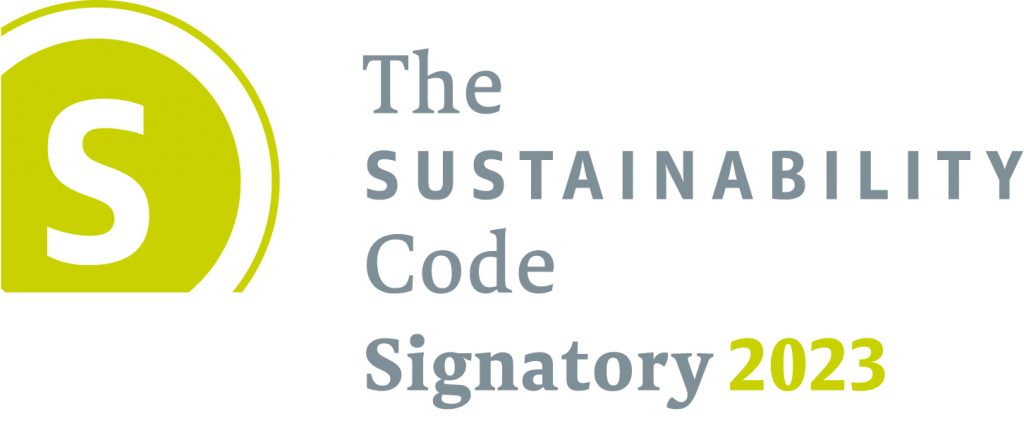Sustainability at Frank Brushes
For us, sustainability means acting ecologically and socially responsibly in the interests of future generations. Apart from our ecological electricity and heat generation, sustainability is very important to us when purchasing our raw materials. We source our raw materials, whenever possible, from regional or national suppliers. For example, our wood comes exclusively from forests in the Black Forest.
Fair and family-friendly working conditions and social justice are also important to us. As a medium-sized company, we are in close contact with each individual employee and are very interested in finding individual solutions.
In order to make our responsibility comprehensible, we have set ourselves sustainability goals and made them measurable. Quantitative goals are checked by documenting development process. Key figures are collected for the qualitative goals. All of our sustainability goals have been incorporated into the central action plan, which is monitored by our quality management.
Ultimately, we want to harmonize ecological, social and economic aspects!
Our sustainability goals
Environment & Climate
- From 2025: Keep energy consumption at a low level.
- From 2027: Switch to water-based paints and waxes.
- From 2030: All vehicles in the fleet are electric vehicles.
Employees & Society
- From 2025: Supply of 125 houshold equivalents with thermal energy.
- From 2025: Establishment of structures & responsibilities for sustainability.
- From 2026: Integration of sustainability-related content into target agreements.
Supply Chains
- From 2026: Raising awarness among suppliers who do not comply with the standards.
- From 2026: Inclusion of sustainability standards in supplier evaluation.
This is how we supply ourselves with electricity and heat ...
Our electricity is generated by hydropower and photovoltaic systems. These not only produce enough electricity for our production, but also a lot more. In 2024, despite construction work (and he associated shutdown of hydopower), we covered 115 % of our energy needs. On December 16, 2024, our last photovoltaic system was put into operation and from 2025 we will achieve an energy demand coverage of approx. 135-140 %.
So far, we have been feeding excess electricity into grid and covering our peak electricity demand with our long-standing partner, the Schönau-based eco-electricity provider EWS. EWS only supplies electricity generated without nuclear power and CO²-neutrally.
A battery storage system is now being planned in order to be able to use even more of the self-generated electricity.
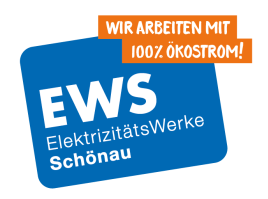
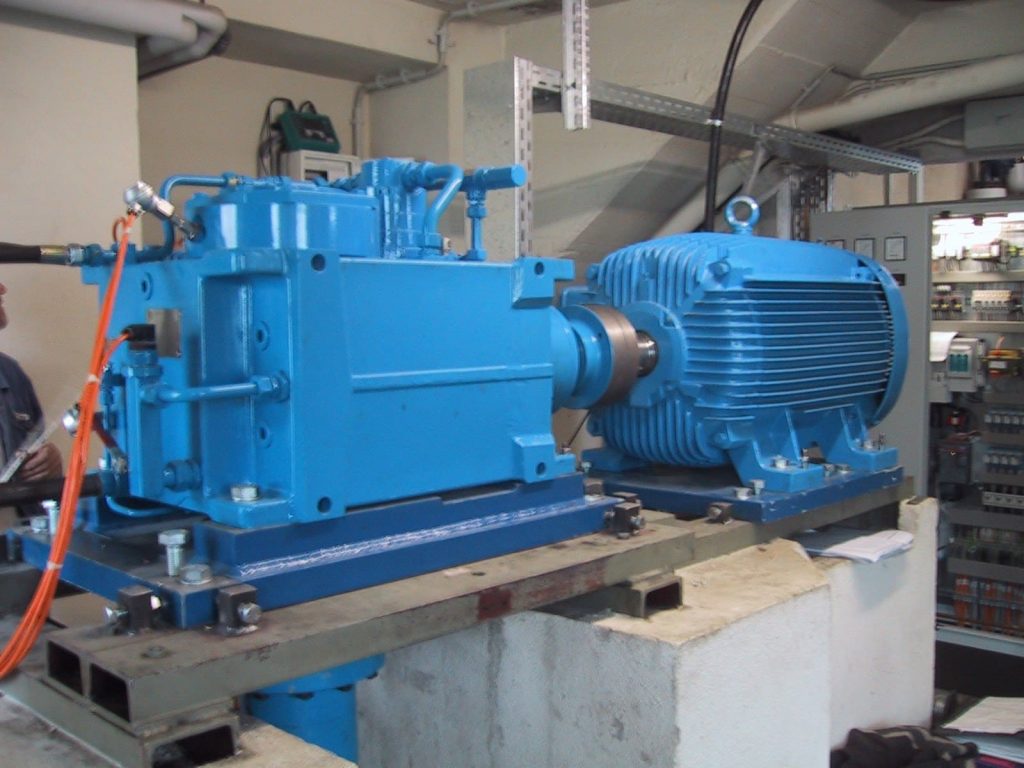
Hydropower Plant
We have been operating a hydropower plant in Schönau to generate electricity since the 1950s. The plant runs at/near its peak output of 63 kW for more than half of the year (usually from October to April).
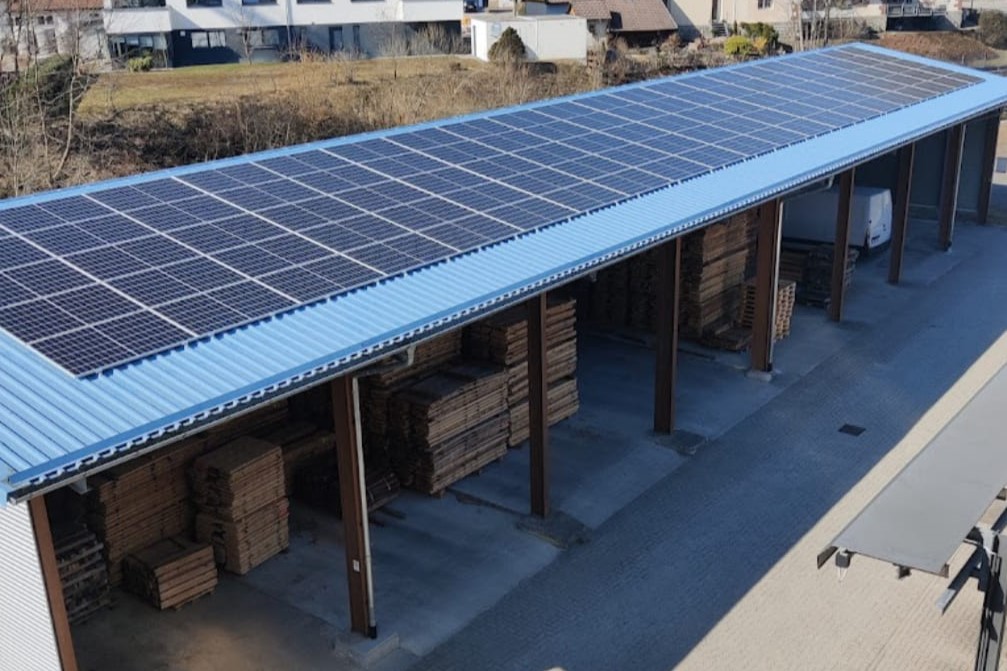
Photovoltaics
The first photovoltaic system with a peak output of 21 kW was commissioned in June 2005. Three more PV systems were added between 2022 and 2024. In total, we now have 175 kW in PV on the roofs – the PV mainly supplies us in the summer months from March to October.
Local Heating Network - Production Waste For Heating
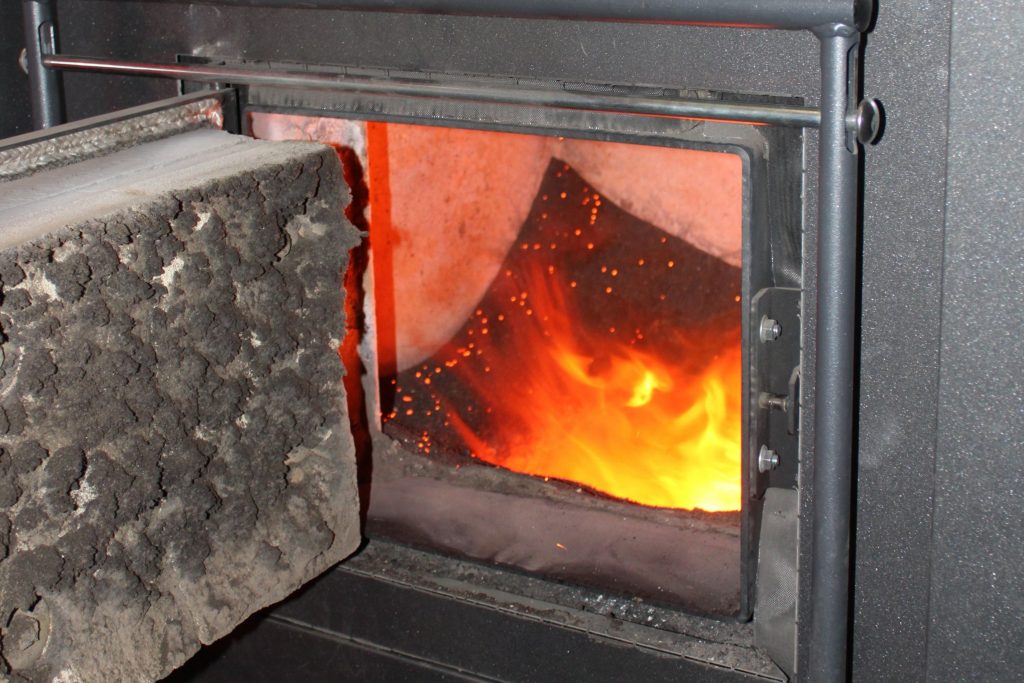
Wood shavings and sawdust are produced during the manufacture of our brush woods. For decades, we have been able to cover part of our heating requirements from this production wast with the help of our wood-fired heating system and do without gas or oil. However, until 2019 it was not possible for us to manage the heat we generated ourselves all year round. That’s why in 2018 we invested in two ultra-modern heating systems that are based on the latest exhaust gas technology. Now we can not only heat self-sufficiently, but also feed part of our generated heat into the local heating network. Our surplus heat supplies municipal facilities such as the Schönau outdoor swimming pool, the town hall, the schools and also private buildings. In 2025, around 125 house hold equivalents were heated and supplied with warm water.
Gipfelstürmer Award
We were also invited by the Baden-Wüttemberg Ministry of the Environment on January 18, 2023 to the presentation of the Gipfelstürmer Award. Among those present were 10 companies from Baden-Württemberg that had distinguishes themselves through particularly energy-efficient corporate management. At the KEFF summit in Stuttgart, the energy efficiency concept presented by Stefan Ganzmann and Katharina Hackner was convincing and Frank Brushes reciced the award for 3rd place and prize money of EUR 3,000 from State Secretary Andre Baumann at the award ceremony.
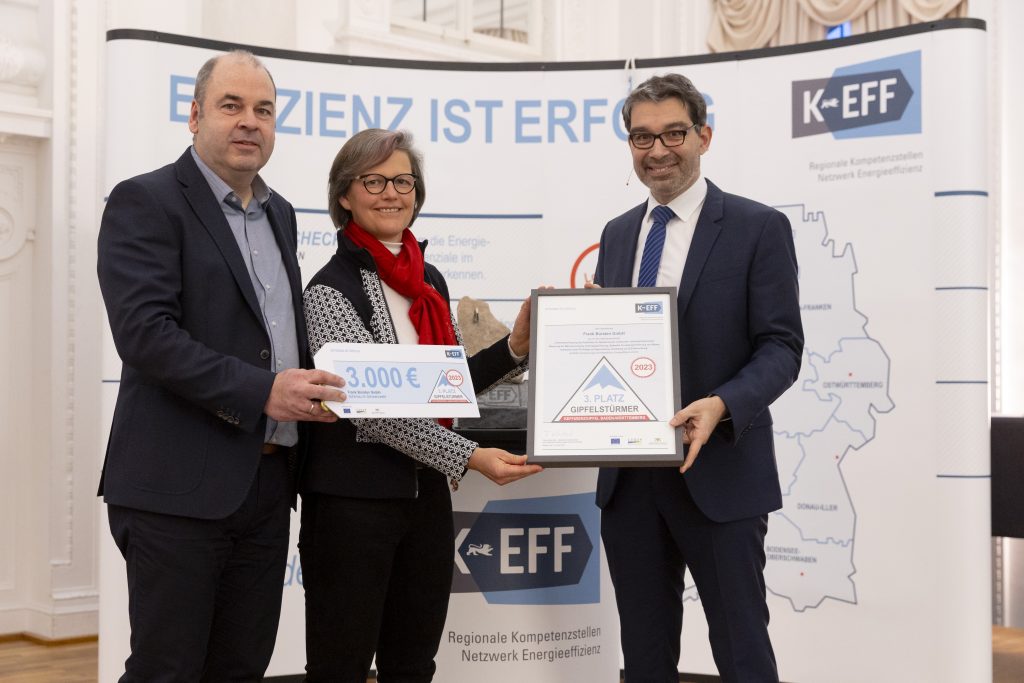
The German Sustainability Code (DNK) is a voluntary reporting standard for companies to present their sustainability performance in a transparent and comparable manner. It helps to make ecological, social and economic responsibility visible.
In 2024, we also published a sustainability report according to the standards of the DNK, in which we present our sustainability goals and explain our approaches to strategies, process management, the environment and society.
